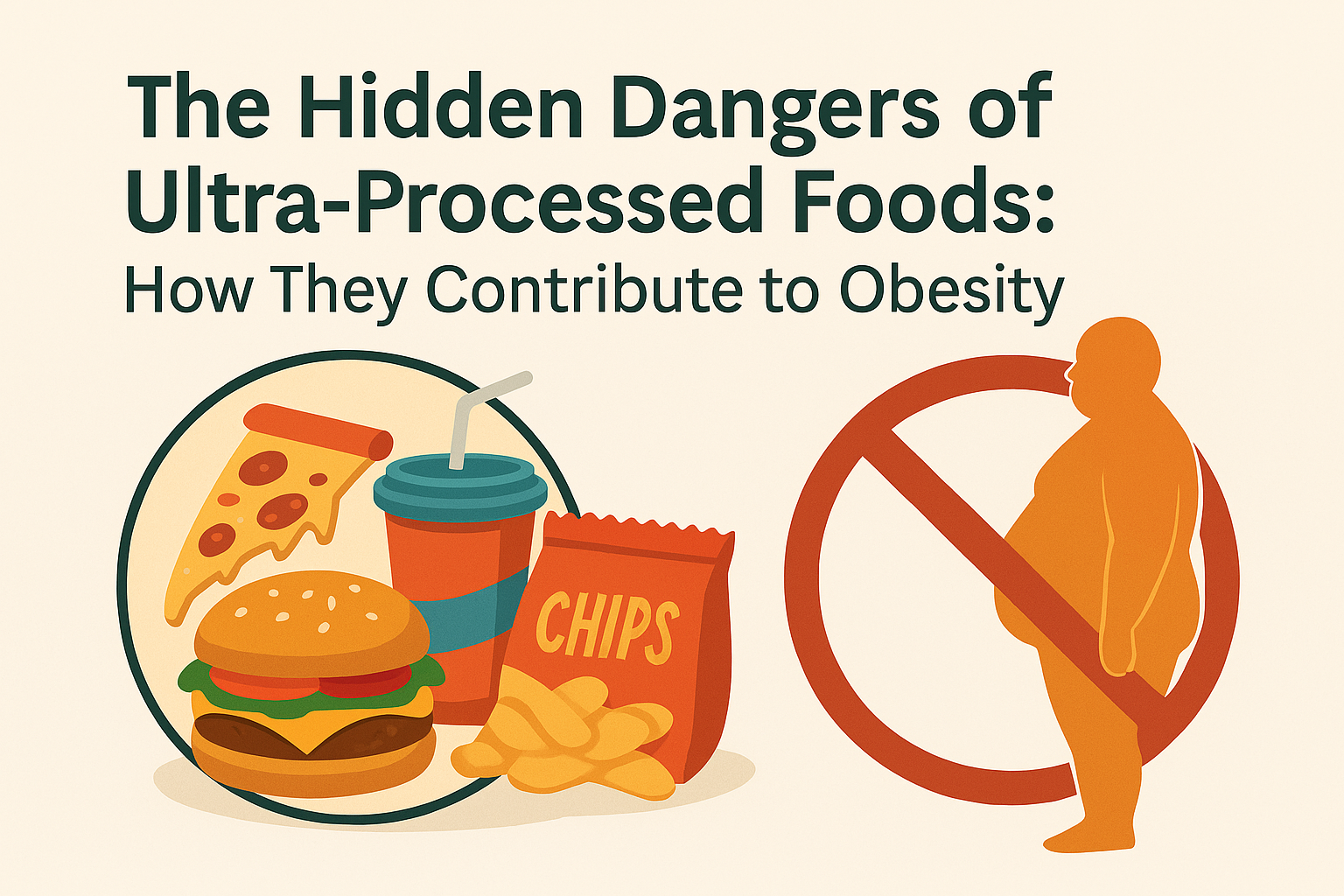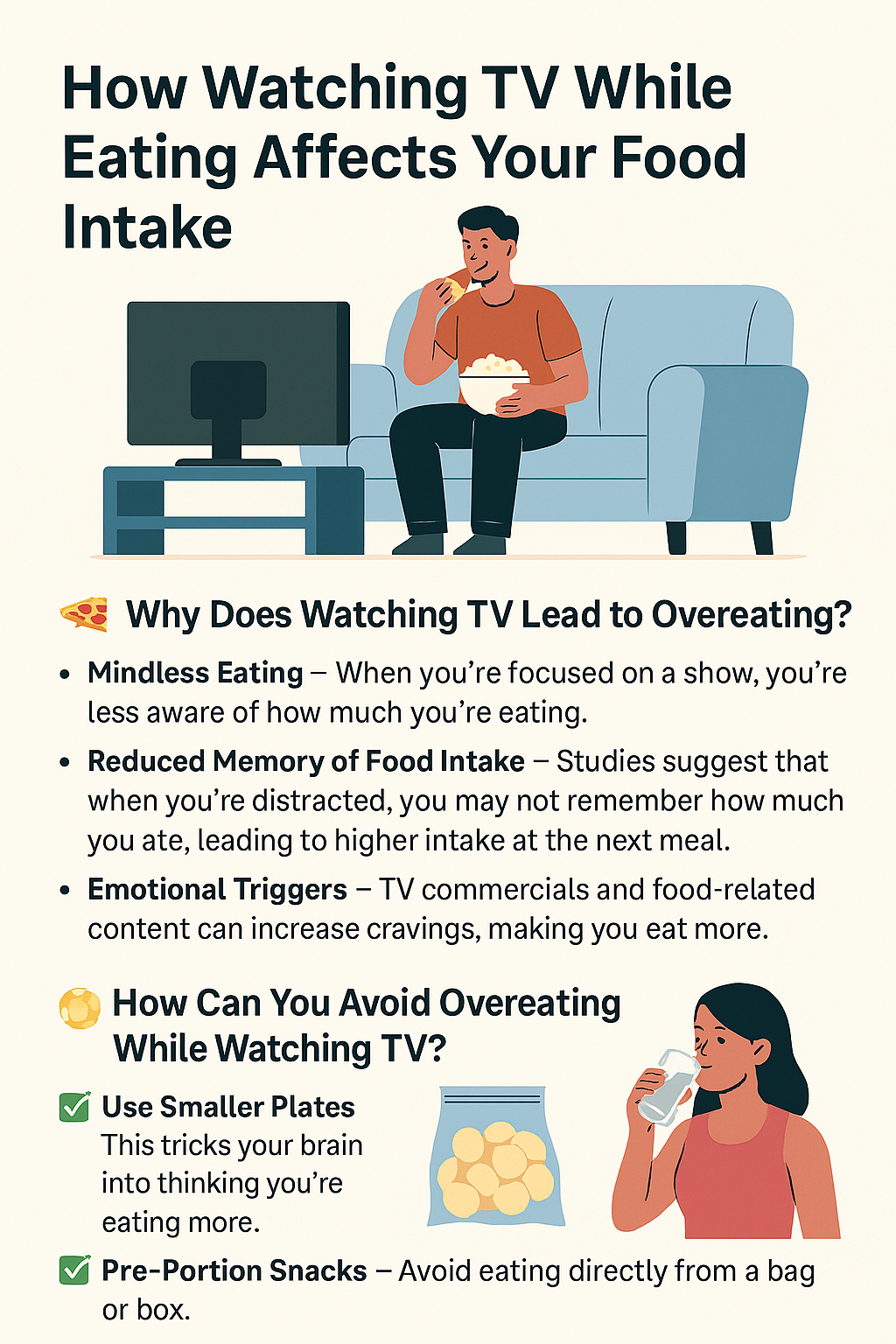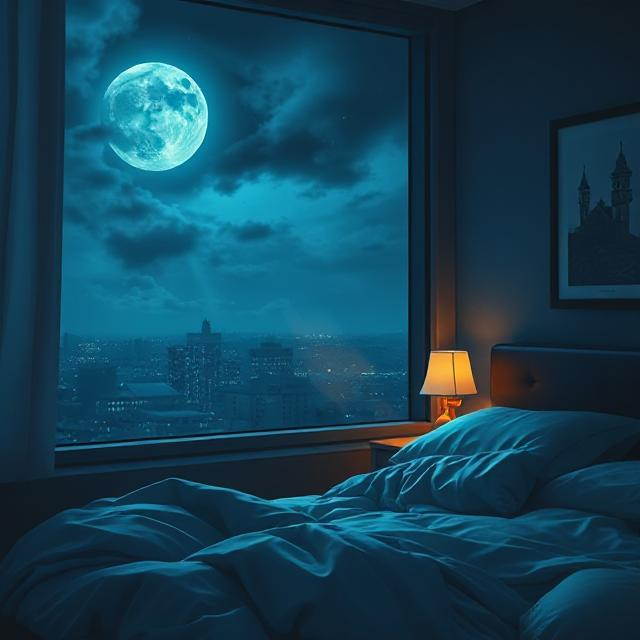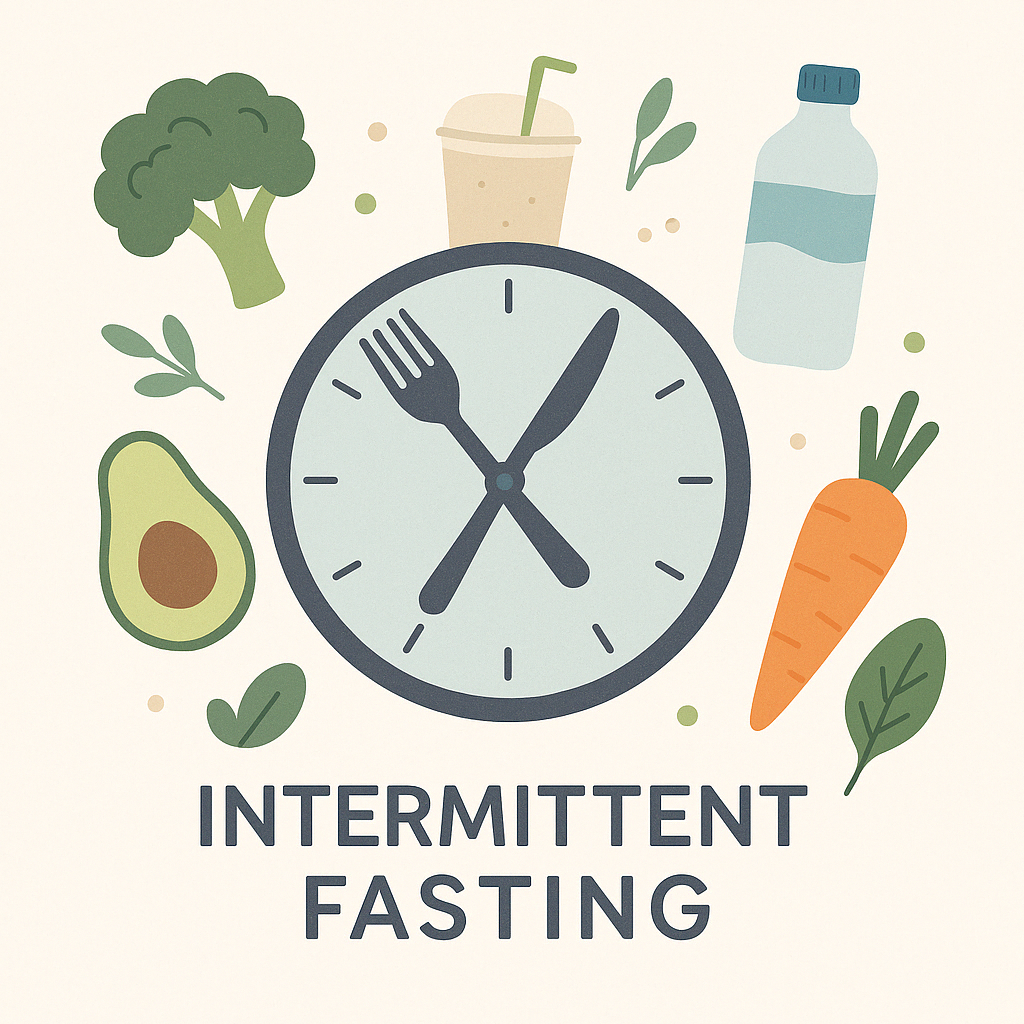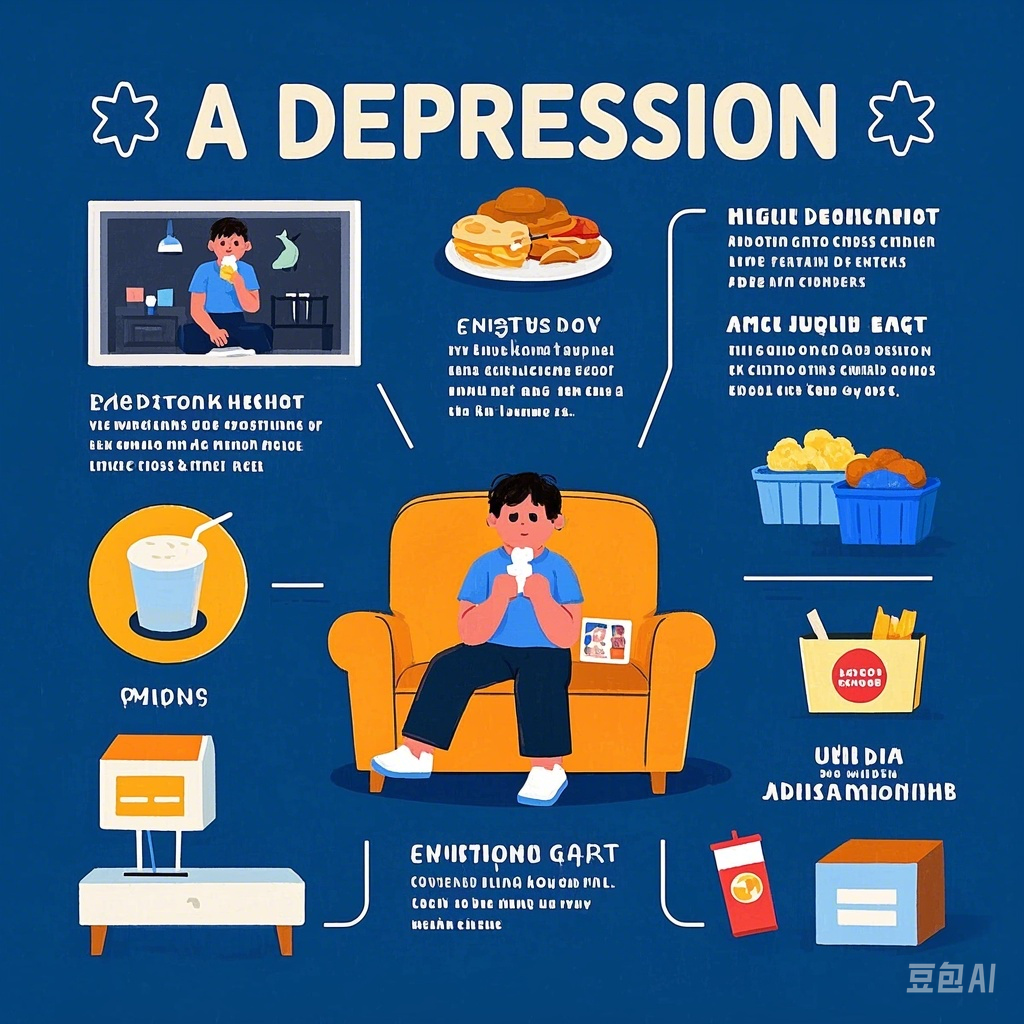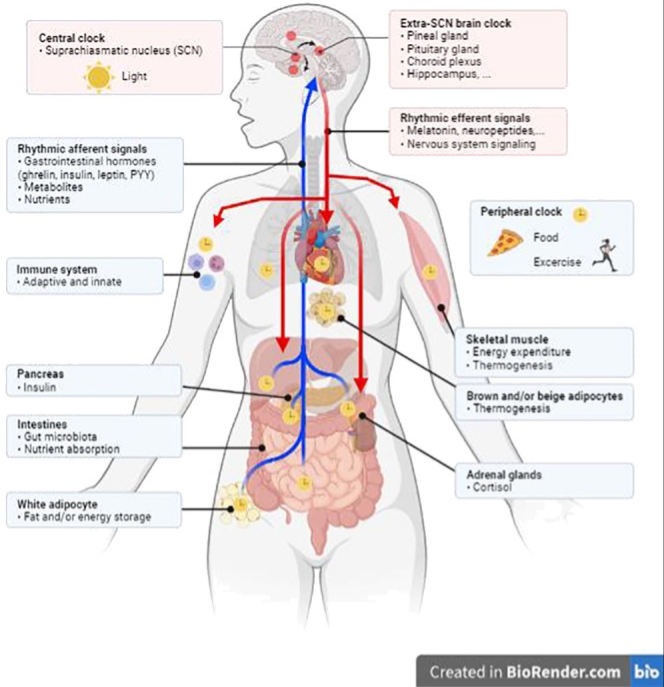The Science of Sleep - Why Your Brain Never Truly Rests
Sleep Isn't Just "Downtime"—It's Active Brain Maintenance
While you're asleep, your brain is working overtime. Sleep is a dynamic process where your body cycles through different stages, each with critical functions:
- Non-REM Sleep (Stages 1-3):
- Stage 1 (Light Sleep): Transition from wakefulness.
- Stage 2 (True Sleep): Heart rate slows, body temperature drops.
- Stage 3 (Deep Sleep): Essential for memory consolidation and physical recovery.
- REM Sleep (Dream Phase):
- Rapid eye movements, vivid dreams, and temporary muscle paralysis (so you don’t act out dreams).
- Crucial for emotional processing and problem-solving.
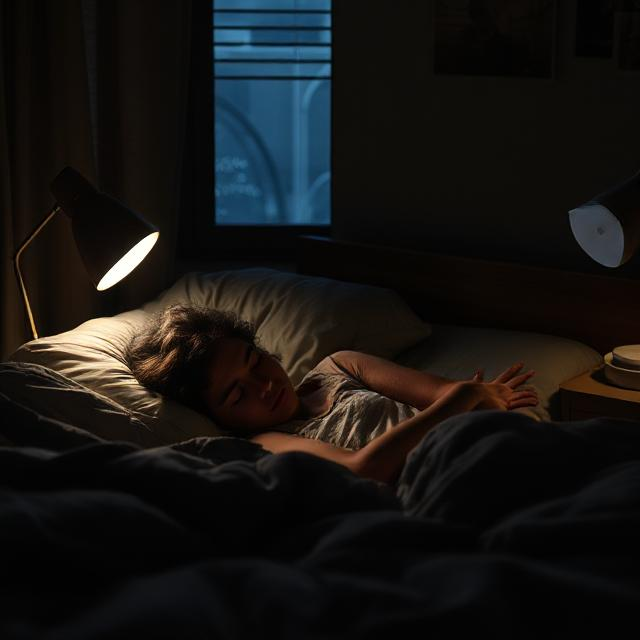
🔬 Fun Fact: Missing deep sleep can leave you exhausted even after 8 hours in bed!
The Hormones Controlling Your Sleep
Your sleep-wake cycle is regulated by key chemicals:
- Melatonin (the "sleep hormone") rises at night.
- Adenosine builds up during the day, making you sleepy (coffee blocks it!).
- Cortisol (the "stress hormone") spikes in the morning to wake you up.
💡 Pro Tip: Late-night screen time suppresses melatonin—dim those lights!
What Happens When You Don’t Sleep Enough?
Short-term effects:
- Impaired focus (like driving drunk after 20 hours awake).
- Mood swings (grumpy much?).
- Weakened immune response (hello, cold season).
Long-term risks:
- Obesity: Sleep deprivation messes with hunger hormones (ghrelin ↑, leptin ↓).
- Diabetes: Poor sleep = insulin resistance.
- Heart Disease: Chronic sleep loss raises blood pressure.
🚨 Alarming Stat: 70 million Americans have chronic sleep issues.
How Much Sleep Do You Really Need?
- Adults: 7-9 hours (consistently!).
- Teens: 8-10 hours (yes, they’re not just lazy).
- Seniors: 7-8 hours (but often struggle due to lighter sleep).
⚠️ Myth Buster: "Catching up on sleep" doesn’t fully reverse deficits.
Actionable Sleep Tips
- Stick to a schedule (even on weekends).
- Ditch screens 1 hour before bed (try a book instead).
- Keep your room cool (~65°F/18°C is ideal).
- Avoid late caffeine (it lingers for 6+ hours!).


